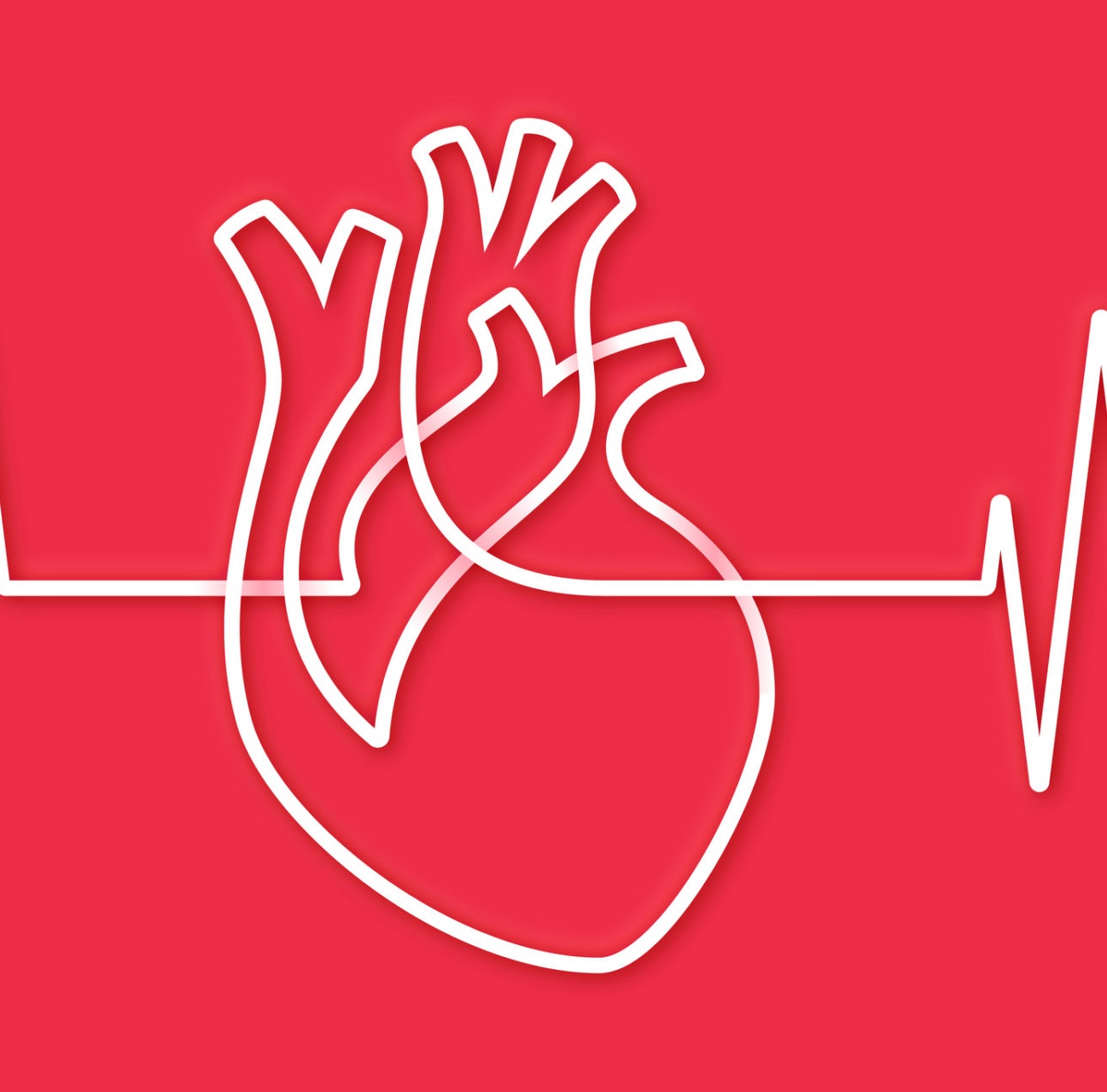

When it comes to women’s health, often your own intuition can be a strong detection tool. “As a gynecologist, my favorite saying is, ‘Listen to your body.’ Do not ignore anything unusual,” says says Yitzhack Asulin, M.D., MsC, FACS, FACOG, director of robotic female pelvic reconstruction surgery at Pascack Valley Medical Center.
With a little attention to detail, women can perceive the changes in their body that can be indicators of disease. Pay attention to these five signs, and seek your gynecologist’s guidance if you experience anything out of the ordinary.
- Abdominal Bloating and Distention
If you experience bloating or a feeling of fullness quickly after eating—so much so that it is difficult to finish small meals—it could just be incidental, but if you experience it regularly, it could be a sign of disease such as fallopian tube or ovarian cancer. Similarly, if you notice that your stomach is distended or protruding more so than normal, notify your doctor.
- Unintended Weight Loss
Similarly, if you are losing weight without trying, notify your doctor right away. “This is a flag we take very seriously,” Dr. Asulin says. If a mass, such as a tumor, is present, it could cause a decrease in appetite, lowering food intake.
- Changes in Bowel and/or Bladder Habits
If you suddenly experience feelings of urgency (the need to empty your bladder) or incontinence, or notice a change in your bowel movements, these could be signs that a mass is pressing against the organs of your excretory system.
- Pelvic Pain
Pain is often the last symptom to present itself in a pelvic cancer case, which is why ovarian cancer, for example, is called a silent killer, Dr. Asulin says. It’s important to be vigilant for symptoms that may seem less serious.
- Family History of Cancer
Certain cancers, such as breast and ovarian, can be genetically linked to a mutation that can be passed through relatives. If you have a family history of cancer, especially breast or ovarian, notify your doctor and consider getting tested for a genetic mutation. Only a fraction of all gynecological cancers are associated with a known genetic mutation, but knowledge of a genetic mutation can significantly influence your surveillance program.
If You Experience These Signs
Most women will be able to tell the difference between the usual discomfort associated with their menstrual cycle or other aches and pains that may be associated with already diagnosed conditions, Dr. Asulin says. However, if you start to experience any of these signs out of the blue, talk to your doctor.
Women in their 40s and beyond should pay particular attention to these signs, as the risk for pelvic cancer increases with age. Women who started menstruating before age 12 or went through menopause in their late 50s and beyond are at a higher risk of developing pelvic cancer due to the larger amount of estrogen they have been exposed to over their lifetimes.
Next Steps & Resources
- Meet our source: Yitzhack Asulin, M.D.
- To make an appointment with a doctor near you, call 800-822-8905 or visit our website.
The material provided through Healthier You is intended to be used as general information only and should not replace the advice of your physician. Always consult your physician for individual care.
Find a doctor near me

Top 3 Reasons to See a Primary Care Physician

Is it a Heart Attack? Watch for These Less Common Signs

8 Possible Causes (and Treatments) for Your Dizziness
